
Zhang Wenhong is seen in this file photo. (Photo/Xinhua)
In light of the recent surge in COVID-19 infections across the country, China's strategy to achieve zero infection out of the transmission chains must continue along with preparations for more sustainable strategies against the Omicron variant, said epidemiologist Zhang Wenhong on Monday.
Zhang, head of the infectious disease department at Huashan Hospital in Shanghai and also the director of the National Center for Infectious Diseases under China Center for Disease Control and Prevention (CDC), wrote in a Sina Weibo post that the highly transmissible subvariant of Omicron, known as BA.2, is the main cause of current outbreaks sweeping through Hong Kong and the Chinese mainland.
"The infections in the mainland are still in the early stage of an exponential rise," said Zhang, who noted that it took only 11 days for the daily infection numbers in the Chinese mainland to rise from 119 to 3,122 since the beginning of March.
"Because the virus hit us out of a sudden and we responded a little late, we are attempting to catch up with the spread of the virus," he said.
"But our precise control and testing for people in key areas have picked up pace. When daily life slows down, the transmission of virus will also be slowed."
Zhang said that his discussions with virologists at the University of Hong Kong on Sunday resulted in the conclusion that people who are fully vaccinated and have normal immune systems will unlikely develop serious conditions.
"The first step we must make is to dismiss the fear of the virus," Zhang said.
Only 0.1 percent cases of the 2,266 patients being treated in Shanghai over the past six months developed severe symptoms, and none have died, he added.
He pointed out that 89.4 percent of those who died from COVID-19 in Hong Kong were patients who had not been inoculated or had only received one dose of the vaccine. The death rate of people who aren't fully vaccinated, he said, was 23 times higher compared with people who have received two doses.
"But these are not excuses for us to 'lie flat' and do nothing," Zhang said.
"If China opens up too quickly, a large number of people will still get infected in the short period of time, and this will lead to a staggering number of hospitalizations and shock the society even though the virus has a low mortality rate."
Zhang added that a large proportion of elderly Chinese and those with preexisting health problems have not received their vaccines due to a fear of possible side effects, and the current response against the COVID-19 outbreak in the country shows that it is necessary to protect this group of people.
"It is vital for China to continue its strategy of achieving zero infection out of the transmission chains to control the outbreak caused by the highly transmissible Omicron variant," he said. "But it doesn't mean that we will shut down communities and test everyone continuously.
"We should not miss the window of opportunity to form more comprehensive, smart and sustainable approaches."
The expert also mentioned approaches including rolling out an extensive booster vaccine plan for seniors, ensuring the supply of oral antiviral medicine and affordable home testing kits, and well-prepared triage medical services and home quarantine protocols.












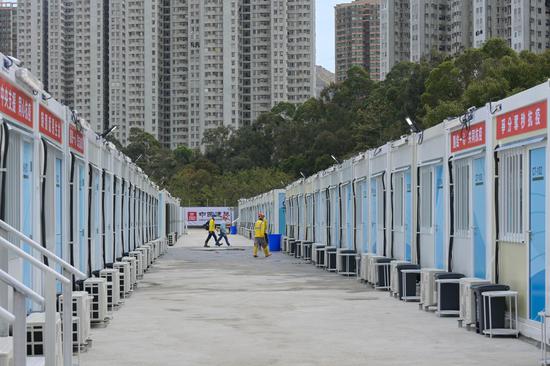



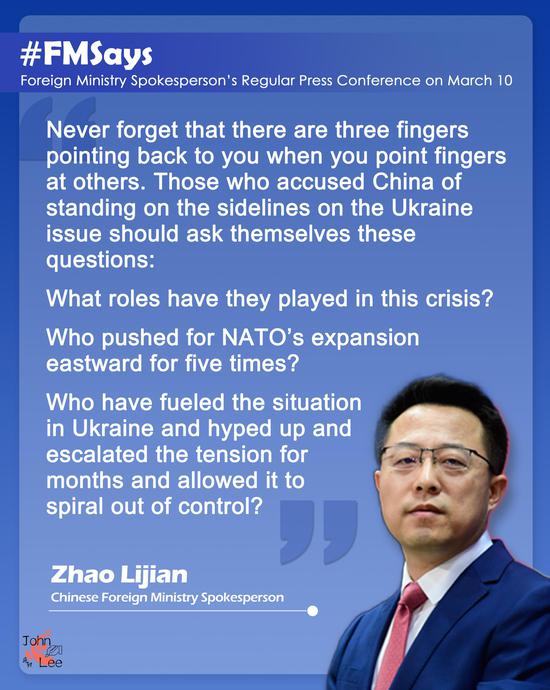

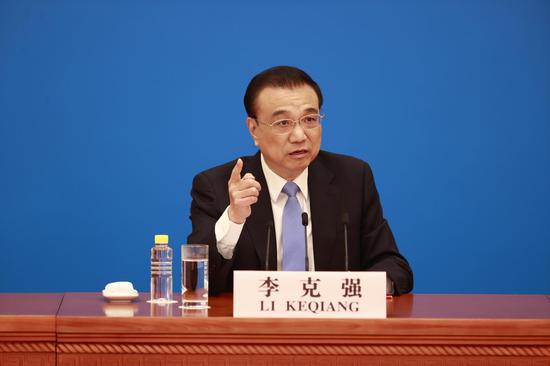




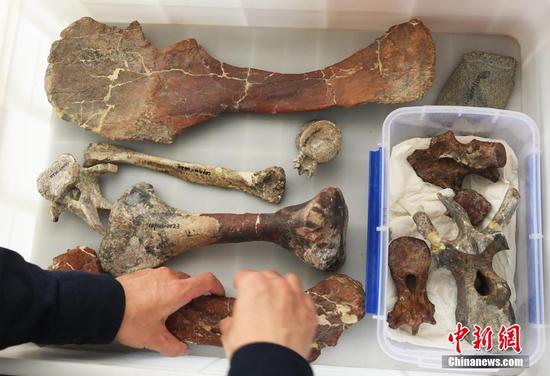




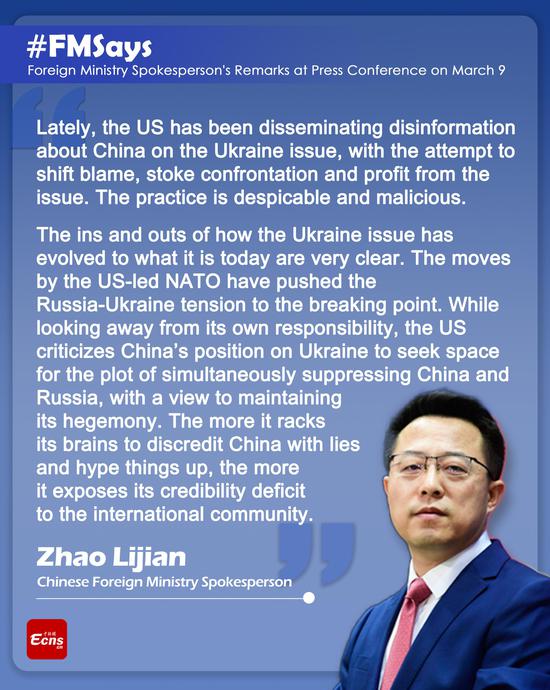













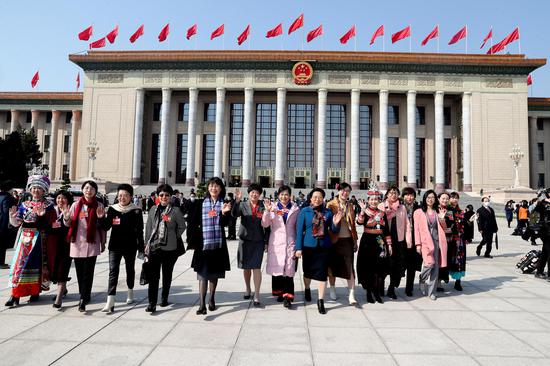
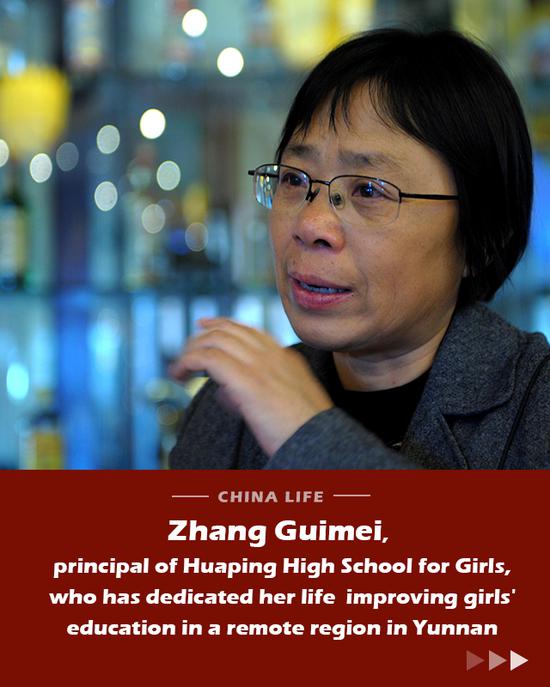
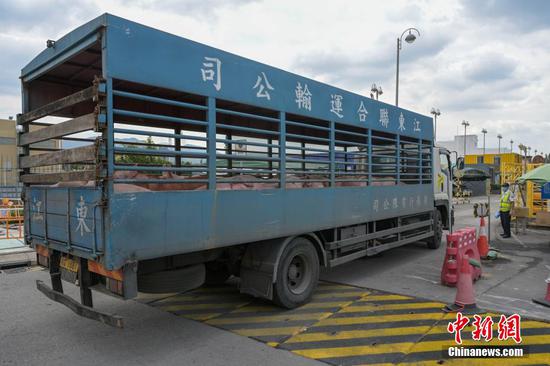





 京公网安备 11010202009201号
京公网安备 11010202009201号